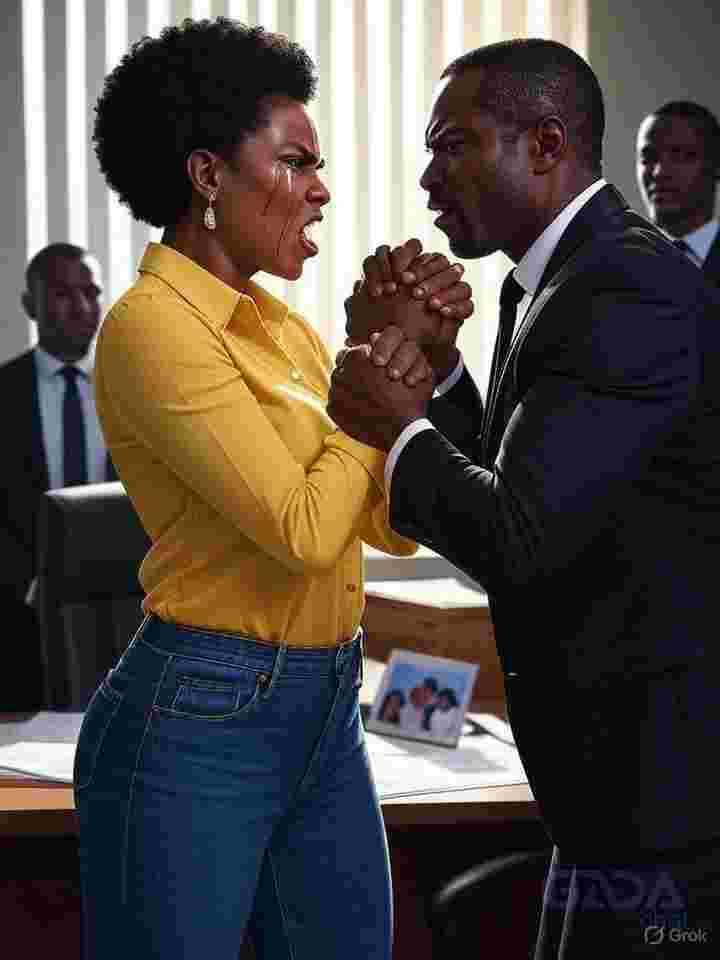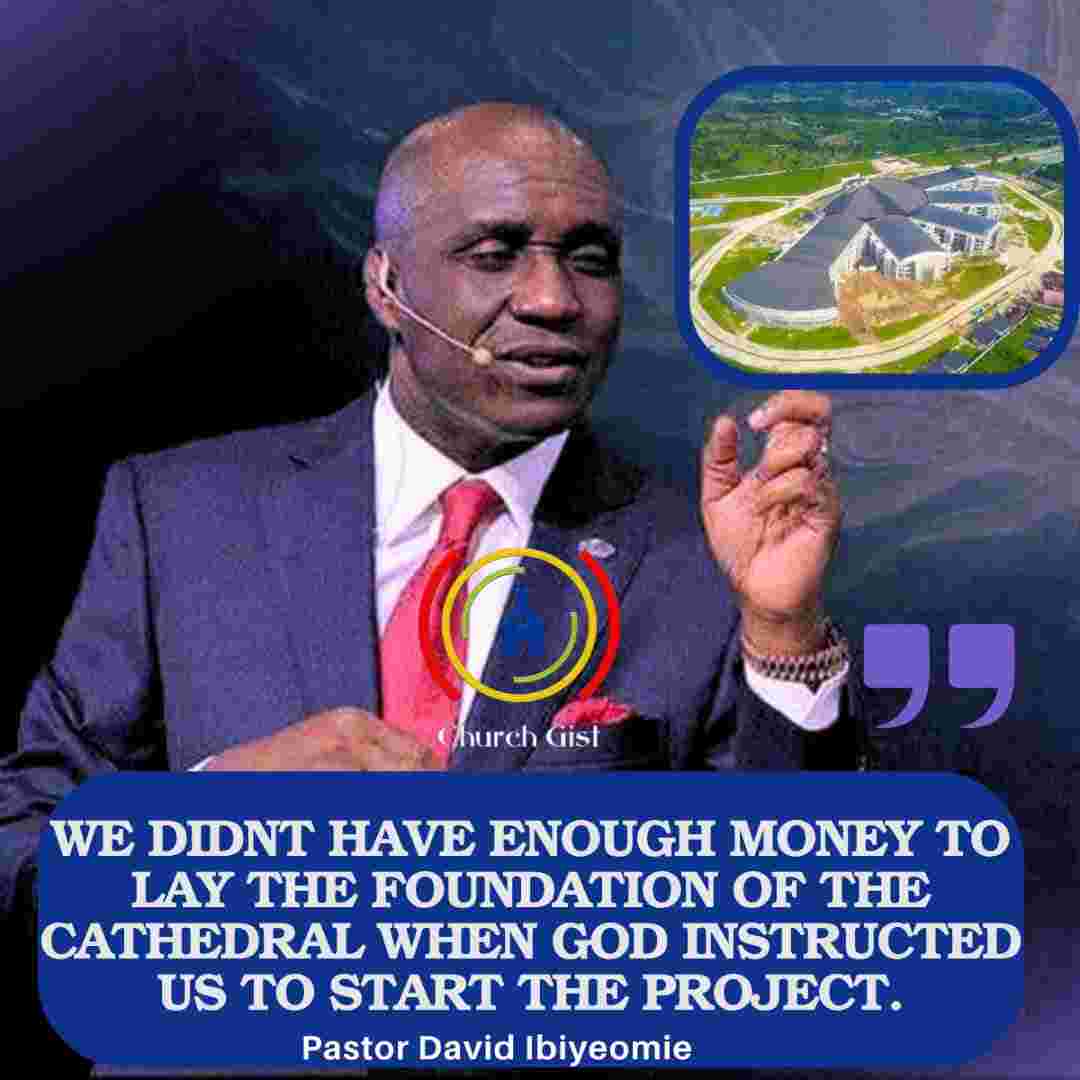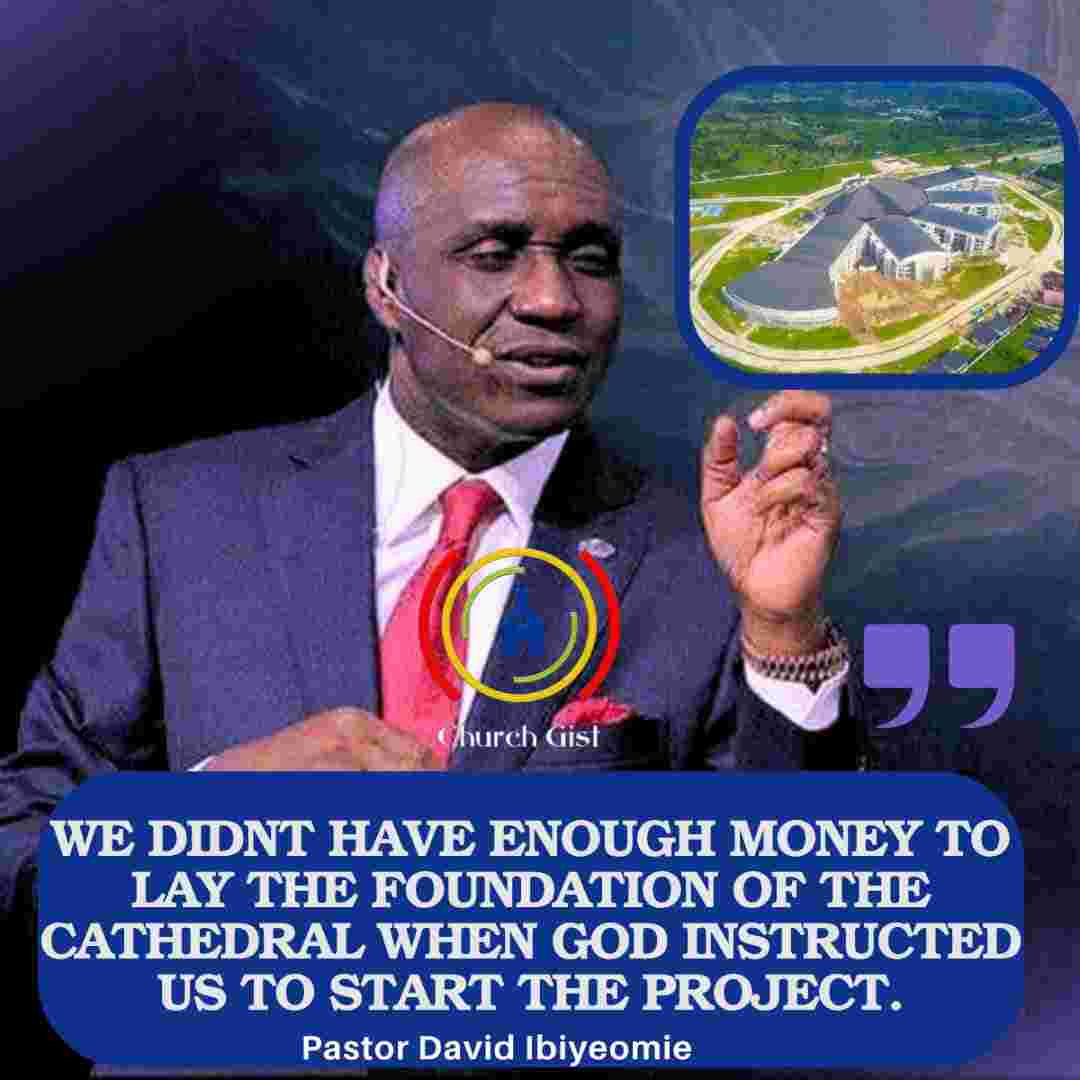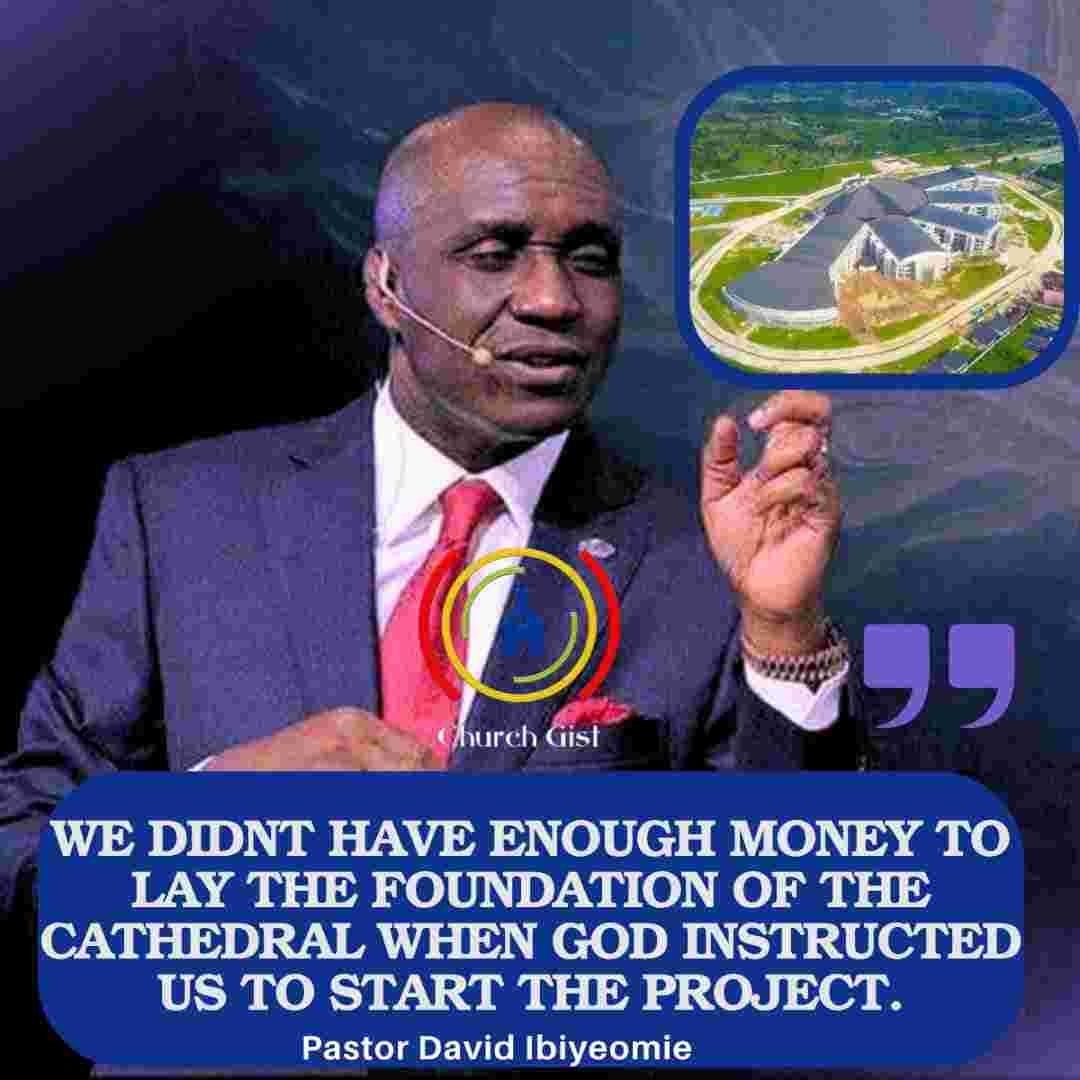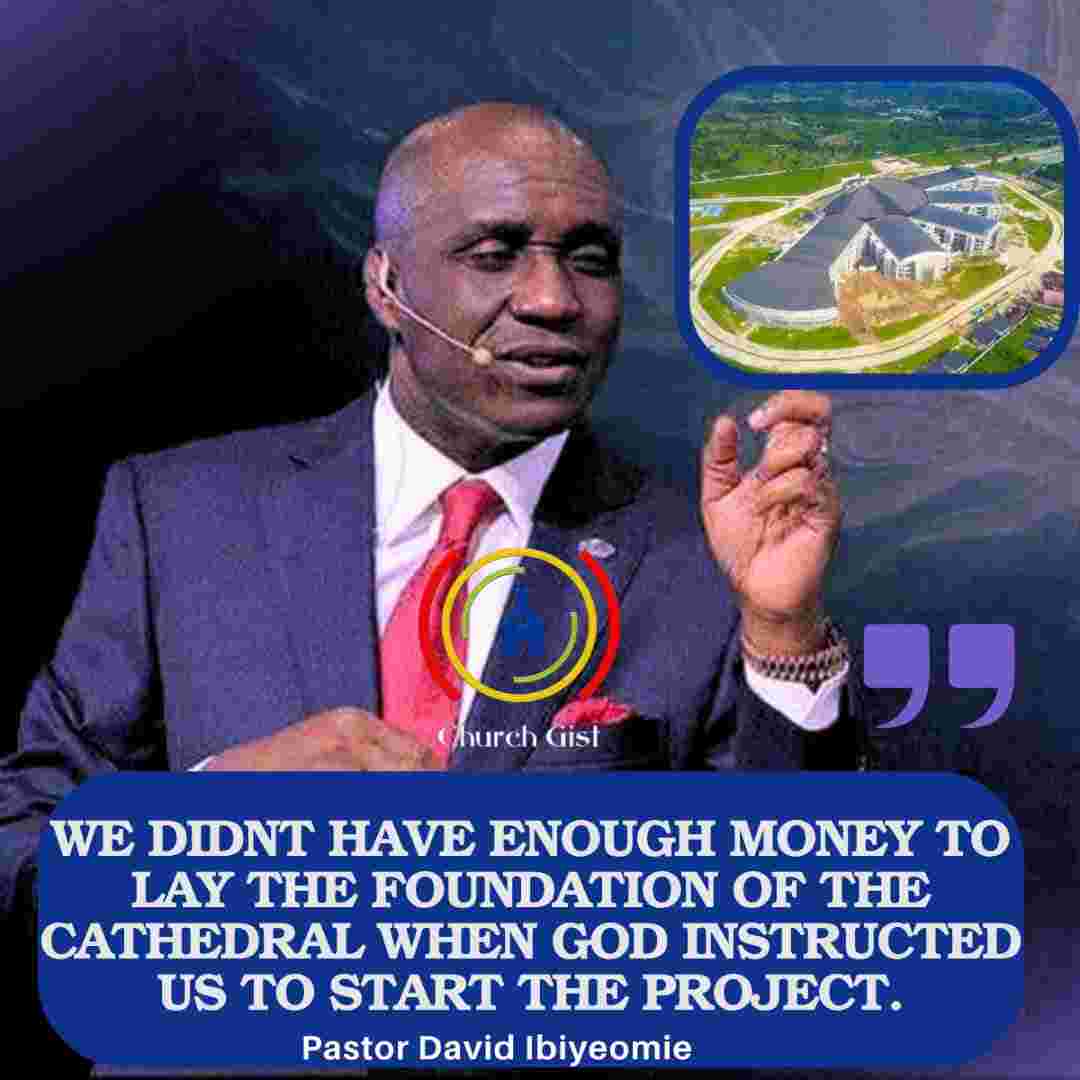I need some help here
Me and my partner have been married going on 5 years. We have a kid and children from previous relationships, we both have sacrificed alot for our kids and that includes our free time. We dont go out, drink, party anymore between either of us....its just the kids
We never have date nights as we dont have any family, we usually always do things together.
I have been for the past year in school to where i go away for three days out of the week sometimes twice a month, its paid through my work. Its not a holiday and includes studying the entire time. It created alot of resentment because "I" got to go out and be free, my partner works from home and made me going to school doable and i thank them for that. I am also at this time done with school and will not be doing this in the near future in any way
But again, outside of that i dont go anywhere or do anything for myself
Well since about March my partner dicided that they were going to work on themself, but it essentially meant im going out when you get home to go to the gym,friends, just out etc
Im just home the kids, ive made past complaints about the frequency, NOT what shes doing.....just that i didn't feel like it needed to be everyday
I got pushback and was accused of being controlling, but it seemed like she would atleast stay home a night or two atleast.
But here we are again, its everyday the gym, and free time is spent elsewhere and "its because you dont work from home and you dont understand"
Am i being unreasonable? Is it normal for yall's partners to just go out every night and tell you to deal with it? Why am i default for just being home every night alone? And why do i have to give a headsup if i ever need to do anything, or maybe something for myself? Im starting to get to the point of being resentful/lonely and dont want to do this anymore because i feel like there cant be a middle ground. I just get told that this is what im doing, and your going to have to deal with it, why cant we do things that are all inclusive as a family or try and figure out date nights?
And just to add something, we both are hands on with the kids, they do morning routines and i help get them ready. I pick the kids up at night and do night time routine with the partner OCASSIONALLY helping, we both do cooking cleaning etc.
One more edit we both get off at 5 im home by 530 after picking kids up
They'll be gone from
6-11
8-10
7-10
530-12
It varries from whatever they say they're going out doing, but i honestly feel like they jusy dont want to be home with me or the kids
Me and my partner have been married going on 5 years. We have a kid and children from previous relationships, we both have sacrificed alot for our kids and that includes our free time. We dont go out, drink, party anymore between either of us....its just the kids
We never have date nights as we dont have any family, we usually always do things together.
I have been for the past year in school to where i go away for three days out of the week sometimes twice a month, its paid through my work. Its not a holiday and includes studying the entire time. It created alot of resentment because "I" got to go out and be free, my partner works from home and made me going to school doable and i thank them for that. I am also at this time done with school and will not be doing this in the near future in any way
But again, outside of that i dont go anywhere or do anything for myself
Well since about March my partner dicided that they were going to work on themself, but it essentially meant im going out when you get home to go to the gym,friends, just out etc
Im just home the kids, ive made past complaints about the frequency, NOT what shes doing.....just that i didn't feel like it needed to be everyday
I got pushback and was accused of being controlling, but it seemed like she would atleast stay home a night or two atleast.
But here we are again, its everyday the gym, and free time is spent elsewhere and "its because you dont work from home and you dont understand"
Am i being unreasonable? Is it normal for yall's partners to just go out every night and tell you to deal with it? Why am i default for just being home every night alone? And why do i have to give a headsup if i ever need to do anything, or maybe something for myself? Im starting to get to the point of being resentful/lonely and dont want to do this anymore because i feel like there cant be a middle ground. I just get told that this is what im doing, and your going to have to deal with it, why cant we do things that are all inclusive as a family or try and figure out date nights?
And just to add something, we both are hands on with the kids, they do morning routines and i help get them ready. I pick the kids up at night and do night time routine with the partner OCASSIONALLY helping, we both do cooking cleaning etc.
One more edit we both get off at 5 im home by 530 after picking kids up
They'll be gone from
6-11
8-10
7-10
530-12
It varries from whatever they say they're going out doing, but i honestly feel like they jusy dont want to be home with me or the kids
I need some help here
Me and my partner have been married going on 5 years. We have a kid and children from previous relationships, we both have sacrificed alot for our kids and that includes our free time. We dont go out, drink, party anymore between either of us....its just the kids
We never have date nights as we dont have any family, we usually always do things together.
I have been for the past year in school to where i go away for three days out of the week sometimes twice a month, its paid through my work. Its not a holiday and includes studying the entire time. It created alot of resentment because "I" got to go out and be free, my partner works from home and made me going to school doable and i thank them for that. I am also at this time done with school and will not be doing this in the near future in any way
But again, outside of that i dont go anywhere or do anything for myself
Well since about March my partner dicided that they were going to work on themself, but it essentially meant im going out when you get home to go to the gym,friends, just out etc
Im just home the kids, ive made past complaints about the frequency, NOT what shes doing.....just that i didn't feel like it needed to be everyday
I got pushback and was accused of being controlling, but it seemed like she would atleast stay home a night or two atleast.
But here we are again, its everyday the gym, and free time is spent elsewhere and "its because you dont work from home and you dont understand"
Am i being unreasonable? Is it normal for yall's partners to just go out every night and tell you to deal with it? Why am i default for just being home every night alone? And why do i have to give a headsup if i ever need to do anything, or maybe something for myself? Im starting to get to the point of being resentful/lonely and dont want to do this anymore because i feel like there cant be a middle ground. I just get told that this is what im doing, and your going to have to deal with it, why cant we do things that are all inclusive as a family or try and figure out date nights?
And just to add something, we both are hands on with the kids, they do morning routines and i help get them ready. I pick the kids up at night and do night time routine with the partner OCASSIONALLY helping, we both do cooking cleaning etc.
One more edit we both get off at 5 im home by 530 after picking kids up
They'll be gone from
6-11
8-10
7-10
530-12
It varries from whatever they say they're going out doing, but i honestly feel like they jusy dont want to be home with me or the kids







